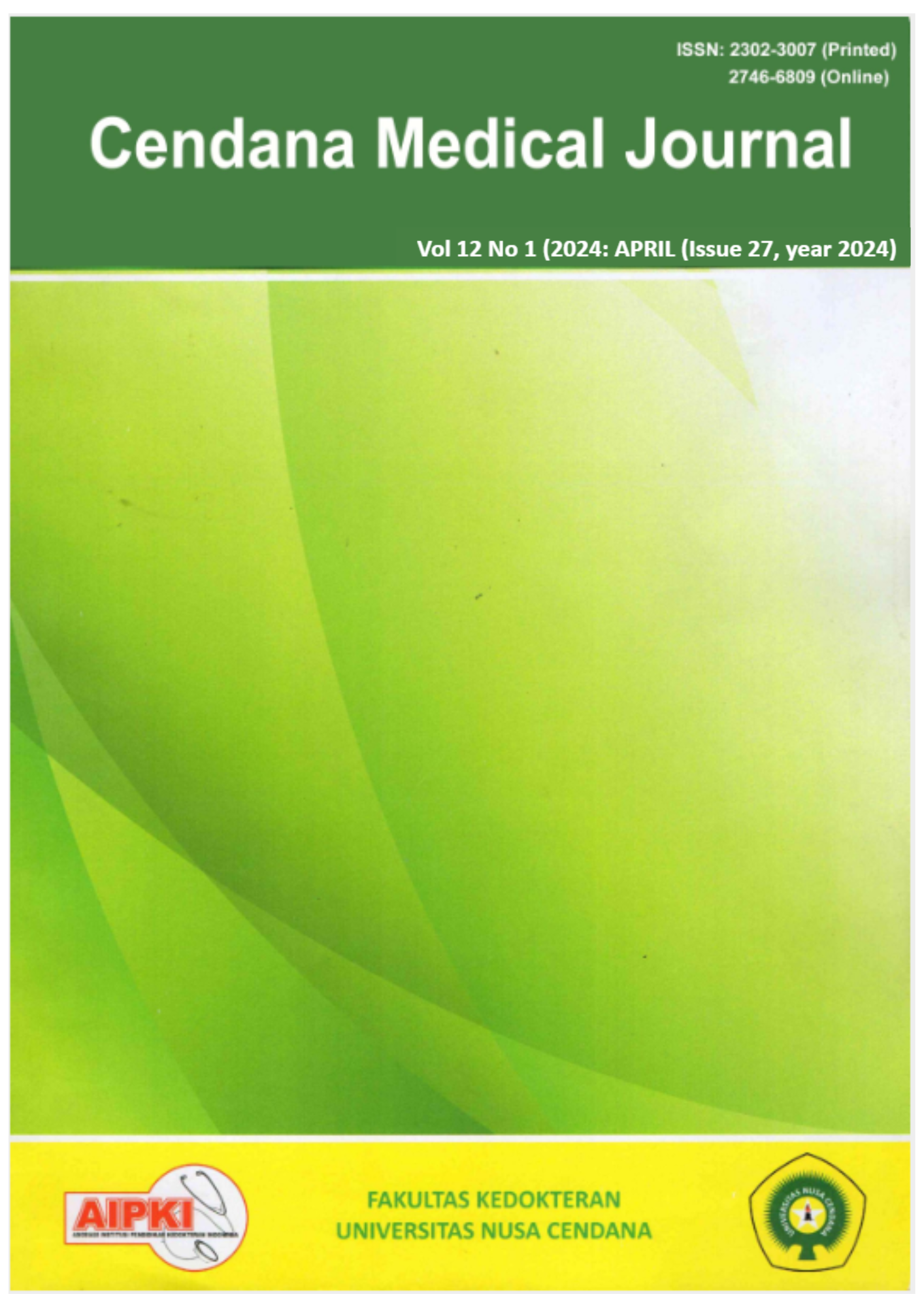The Influence Of Peer Assisted Learning Methods In Protection Of Sexual, Exploitation And Abuse (Psea) Training On Changes In Aspects Of Attitude Toward The Behavior & Subjective Norm For Implementing Psea
Pengaruh Metode Peer Assisted Learning dalam Pelatihan Protection of Sexual, Exploitation and Abuse (Psea) terhadap Perubahan Aspek Attitude Toward The Behavior & Subjective Norm untuk Menerapkan PSEA
Abstract
The increase in sexual violence, especially among teenagers in Indonesia, which occurs in various environments such as homes, schools and communities is an important problem to pay attention to. Sexual violence can take various forms of action, including physical and psychological abuse. Surveys show that many teenagers experience sexual violence, especially during dating, with negative impacts such as loss of self-confidence and self-esteem. This research is to measure the impact of peer assisted learning methods on changes in attitudes and subjective norms in implementing PSEA in the educational environment. The Theory of Planned Behavior is used as a theoretical framework to examine the influence of the PAL method on changes in attitudes and subjective norms of Nusa Cendana University students regarding PSEA.Objective To determine the influence of the peer assisted learning method in protection of sexual exploitation and abuse training on changes in the attitude towards the behavior & subjective norms of the UNDANA academic community in implementing PSEA. This research was conducted at Nusa Cendana University using non-proportional cluster sampling techniques. The sample consisted of 30 tutors (members of the PPKS Task Force, HPU team, and Laskar Sehat) as well as the academic community (students and staff) from various units at UNDANA. The research used a quasi experimental two-group design with pretest-posttest design, involving two treatment groups. Each group took part in training on PSEA, measured through three stages of measurement: pretest before training, posttest 1 after tutor training, and posttest 2 after tutee training by the tutor. Data were analyzed using normality and homogeneity tests, as well as repeated measure ANOVA and Paired Samples T-Test. Coordination steps, preparation of questionnaires, and data analysis were carried out carefully, resulting in new insights regarding protection against sexual exploitation and violence on the UNDANA campus environment. Training on protection against sexual exploitation and violence using the PAL method has proven to be effective in improving the Attitude Toward the Behavior and Subjective Norms of the UNDANA academic community regarding PSEA. The statistical test results showed significance in the tutor group (p 0.001) and the tutee group (p 0.001). Improvements in attitudes and subjective norms were seen in both groups, confirming that the PAL method was effective in influencing UNDANA's perception of PSEA.
Downloads
References
2. Budjanto D. Kekerasan terhadap Anak dan Pusat Data dan Informasi Kementerian Kesehatan Republik IndonesiaRemaja. Pusat Data dan Informasi Kementerian Kesehatan Republik Indonesia. 2019. p. 1–112.
3. Korohama KEP, Hale MY, Nolo EN, Studi P, Keguruan F. Upaya Pencegahan Kekerasan terhadap Perempuaan dan Anak di Kelurahan Bakunase. Kelimutu J Community Serv. 2022;2(2).
4. Yanti H, Abdullah ESPS. Gambaran Kepercayaan Diri pada Remaja yang Mengalami Kekerasan Seksual di Desa X. J Psimawa. 2021;4(1):55–60.
5. Sujianto A. Pengaruh Kemampuan Kerja dan Kepercayaan Diri terhadap Kinerja Karyawan Pada PT. Dandelion Sahabat Sejati Surabaya. J Ilm Mhs Ekon Manaj. 2018;1211408283.
6. Confidence S, To PT, Lmd ONF year, At S. Self Confidence and Pronunciation Training to Enhance the Efl Speaking Competence. Abu Bekr Belkaid Univ Tlemcen. 2014;2013–4.
7. Zhang Y, Maconochie M. A Meta-analysis of Peer-assisted Learning on Examination Performace in Clinical Knowledge and Skills Education. BMC Med Educ. 2022;22(1):1–14.
8. Prawira JJ, Hidayah N. Pengaruh Subjective Norm, Attitude Toward Behavior, dan Self-efficacy terhadap Entrepreneurial Intention. J Manajerial Dan Kewirausahaan Univ Tarumanagara, Jakarta. 2021;3(3):762.
9. Ajzen I. The Theory of Planned Behavior. Organ Behav Hum Decis Process. 1991;50(2):179–211.
10. Moir F, Henning M, Hassed C, Moyes SA EC. PubMed. 2016. A Peer-Support and Mindfulness Program to Improve the Mental Health of Medical Students.
11. Abdelkarim R, Abuiyada R. The Effect of Peer Teaching on Mathematics Academic Achievement of the Undergraduate Students in Oman. Int Educ Stud. 2016;9(5):124.
12. Yuniyanti E. Analisis Faktor Yang Mempengaruhi Kejadian Kekerasan Seksual Terhadap Anak Di Pusat Pelayanan Terpadu Kota Semarang. ArpusdaSemarangkotaGoId. 2020;1–229.
13. Chung-Ying Lin, Ying-Hua Tseng, Mei-Ling Lin and WLH. NCBI. 2021. Factors Related to Intentions to Commit Dating Violence among Taiwanese University Students: Application of the Extended Theory of Planned Behavior.
Copyright (c) 2025 Cendana Medical Journal

This work is licensed under a Creative Commons Attribution-NonCommercial-NoDerivatives 4.0 International License.
Copyright Notice

This work is licensed under a Creative Commons Attribution 4.0 International License.

 Aereldio Anchel Kabosu(1)
Aereldio Anchel Kabosu(1)












